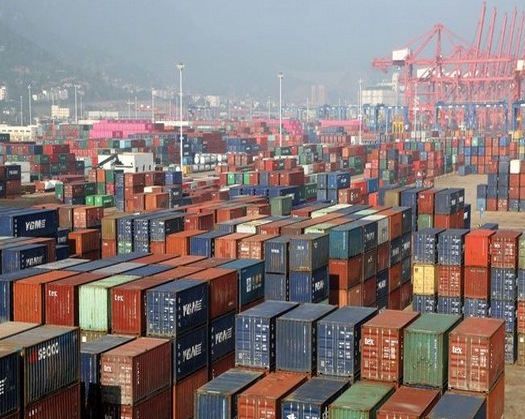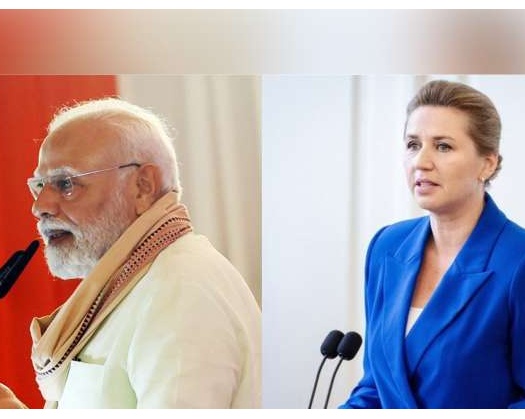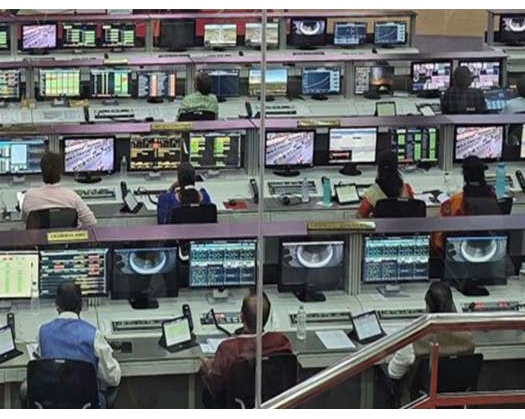New Delhi: If rising tension in West Asia raises average crude prices by USD 10 per barrel, India's net oil imports will rise by roughly $1314 billion annually, expanding the country's current account deficit (CAD) by 0.3 percent of GDP, according to an ICRA research.
If the average crude oil price reaches USD 8090/bbl in FY2026, the CAD is expected to widen to 1.5-1.6% of GDP, up from our current estimate of 1.2-1.3% of GDP. ICRA noted that this would put pressure on the USD/INR pair during the fiscal year.
According to the report, the conflict between Iran and Israel, which began on June 13, 2025, raised crude prices from USD 6465/bbl to USD 7475/bbl. Following the US assault on Iran's nuclear facilities, Iran has declared its intention to blockade the Strait of Hormuz, a move that might interrupt global crude supplies.
According to the research, Iran straddles the Strait of Hormuz, which remains a critical energy choke point through which nearly 20% of global liquids and liquefied natural gas (LNG) is traded.
ICRA also anticipates that changes in crude oil prices will have a quicker impact on the WPI than the CPI due to the different weightage mixes in both indices; for every 10% increase in crude oil prices, WPI inflation will rise by 80-100 bps, compared to 20-30 bps in CPI inflation, assuming that the transmission to RSPs of petrol and diesel occurs.
India imports crude oil from Iraq, Saudi Arabia, Kuwait, and the UAE, which is transported through the Strait of Hormuz (SoH) and accounts for approximately 45-50% of the country's total crude oil imports.
Furthermore, ICRA feels that any prolonged disruption of supplies from Iran, and/or expansion of the conflict to other major producers in this region, and/or any disturbance of the trade route through SoH, may raise energy costs.
On the natural gas side, more than 54% of India's natural gas imports pass through SoH, with a substantial portion of term LNG originating from Qatar and the UAE. Any disruption in the SoH may result in supply variability from Qatar and the UAE, potentially increasing reliance on the spot LNG market.









